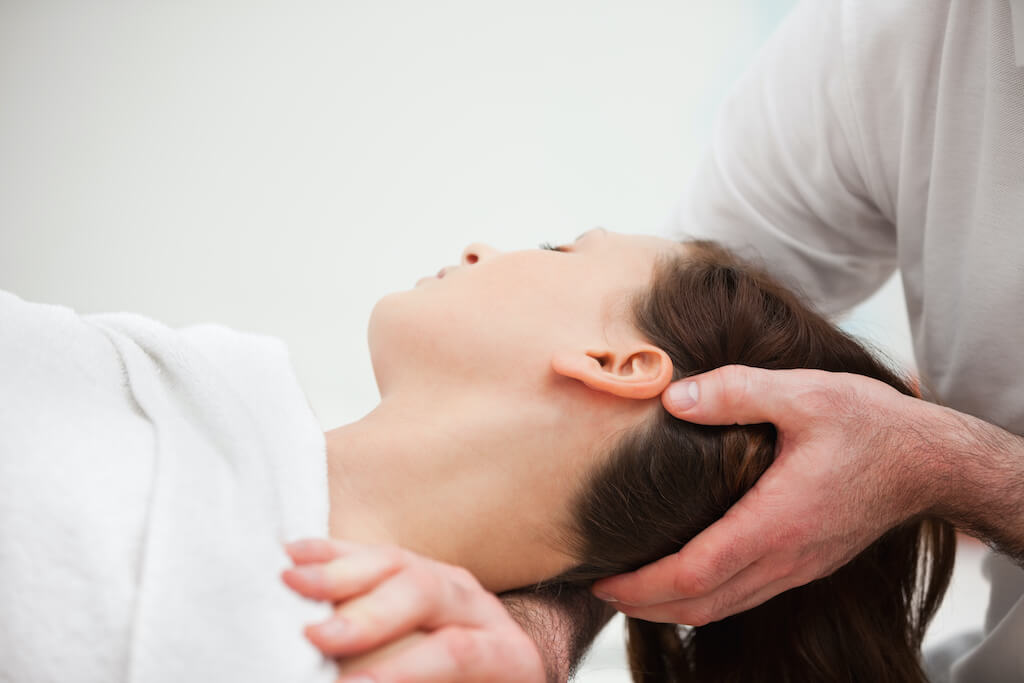Craniosacral Therapy
What is Craniosacral Therapy (CST)?
Craniosacral Therapy (CST) defines the physiology and anatomy of the craniosacral system, its function in health and its relationship to diseases process. CST is a non-invasive and light touch approach. It releases tensions deep in the body to relieve pain and dysfunction and improve overall body health and performance.

Using a gentle touch, starting at the weight of a nickel, practitioners manipulate the bones in the skull, spine, pelvis, and other various parts of the body to normalize the flow of cerebrospinal fluid in the central nervous system. This removes the blockage from the normal flow, which enhances the body’s ability to heal.
A CST session can last up to an hour or more and can be used alone or integrated with other therapies to facilitate the recovery.
What conditions can CST help?
- Spinal Cord Injuries
- Chronic Fatigue
- Migraines and Headaches
- Stress and Tension-Related Disorders
- Scoliosis
- ADD/ADHD
- TMJ Syndrome
- Post-Concussion Symptoms
- Chronic Neck and Back Pain
- Infant and Childhood Disorders
- Orthopedic Problems
- Fibromyalgia
- Motor-Coordination Impairments
- Learning Disabilities
- Post-Traumatic Stress Disorder
- And Many Other Conditions
Contraindications for CST
- Increased Intracranial Pressure
- Acute Stroke (6-8 weeks)
- Herniated Medulla Oblongata
- Recent Skull Fracture (6-8 weeks)
- Cerebral Aneurysm
- Spina Bifida (Myelomeningocele)
- Arnold Chiari Malformation
- Cerebrospinal Fluid leak
